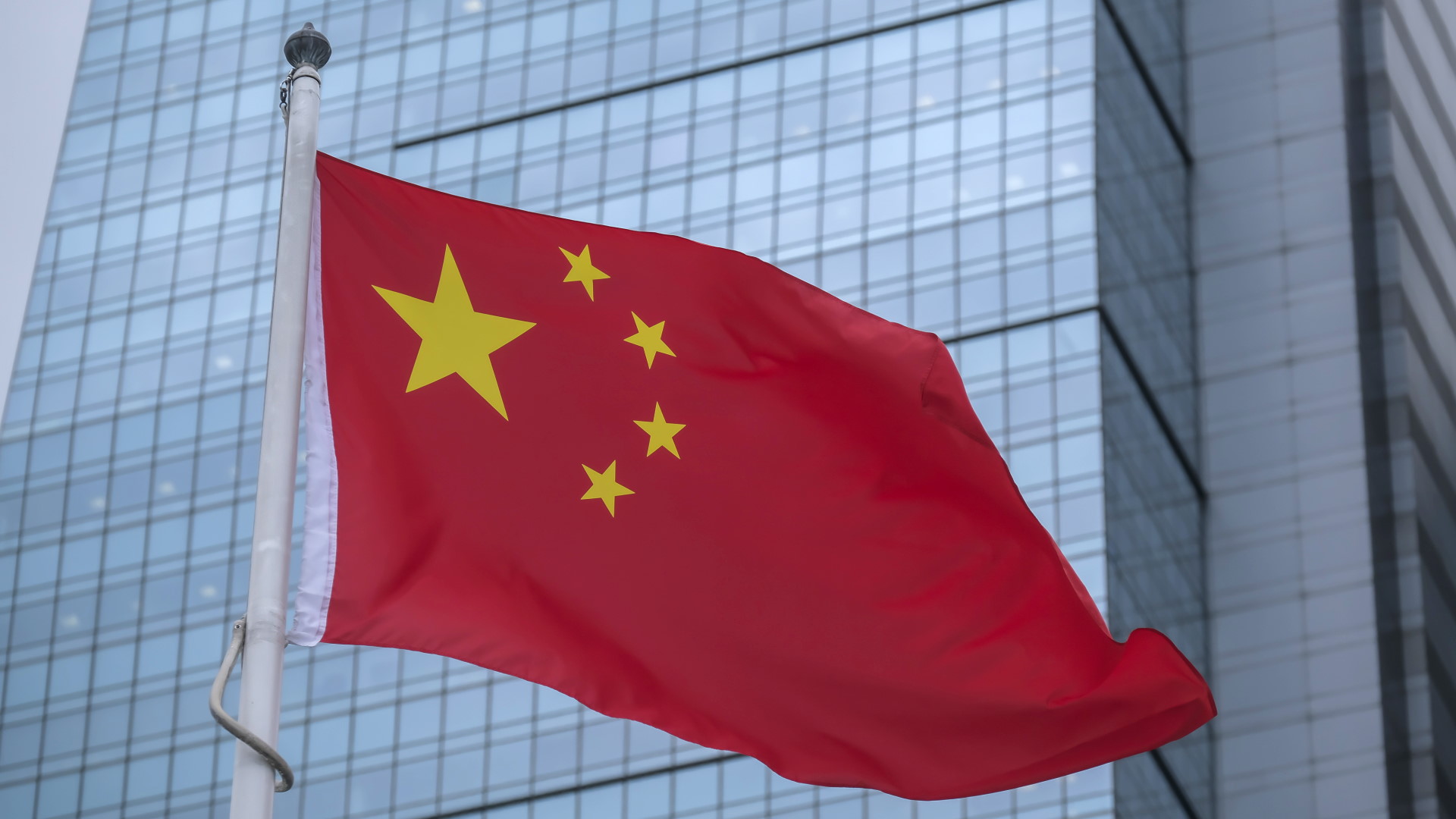
The Communist Party Central Committee-owned People's Daily signals a sea-change is underway.
It must be a wild ride working in the Chinese games industry. One minute you’re riding high, the next your colossal firm is suddenly less valuable than a liquor company. The Chinese government’s tech crackdown, and its long standing suspicion of videogames as a medium, makes China’s domestic games market a notoriously choppy one to navigate, even though companies like Tencent and NetEase are major international players.
No wonder, then, that Chinese games companies are cautiously welcoming a recent editorial in the state-run People’s Daily newspaper, arguing that, just maybe, this whole ‘videogames’ thing might have some value to it after all. Spotted by Reuters tech correspondent Josh Ye (via The Gamer), an article titled “Deeply exploring the value of electronic games industry is an opportunity we can’t miss” has called for China to dedicate more attention to developing its games industry, potentially signalling a sea-change in the government’s hostile attitude. Chinese gaming stocks rose significantly on the news.
Chinese gaming stocks are soaring on the news. https://t.co/UX5Qm7A5A8 pic.twitter.com/y1Jncm37nTNovember 16, 2022
If this does suggest a softer attitude towards games companies from the Chinese government, it’s not hard to see why. The article frames its argument in the context of the great power competition between the USA and its allies in Asia, the European Union, and China. “The European Parliament has given video games extremely high economic, technological, cultural and even strategic value,” reads the People’s Daily editorial, becoming “a key to a country’s industrial layout” and a vital source of cultural soft power.
So, the good news is that the Chinese government might be gearing up to relax its grip on the country’s games industry, the bad news is that the reason for that might just be because it’d be a handy tool in the rapidly-developing rivalry between China and the West. It’s nothing new, of course, both the USA and USSR poured money into film production back in the Cold War as a way of winning hearts and minds. Why should now be any different?
Regardless, China probably isn’t going to fully liberalise its hold on the games industry and let a hundred gaming flowers bloom. The People’s Daily editorial concludes with a warning about videogame addiction and a call to “improve and implement” regulations aimed at curtailing it, like the current restrictions on youngsters playing games for too long and on livestreaming. Then again, there’ll be barely any Blizzard games to lose sleep playing in China before too long, so maybe that’s not really an issue anymore?






